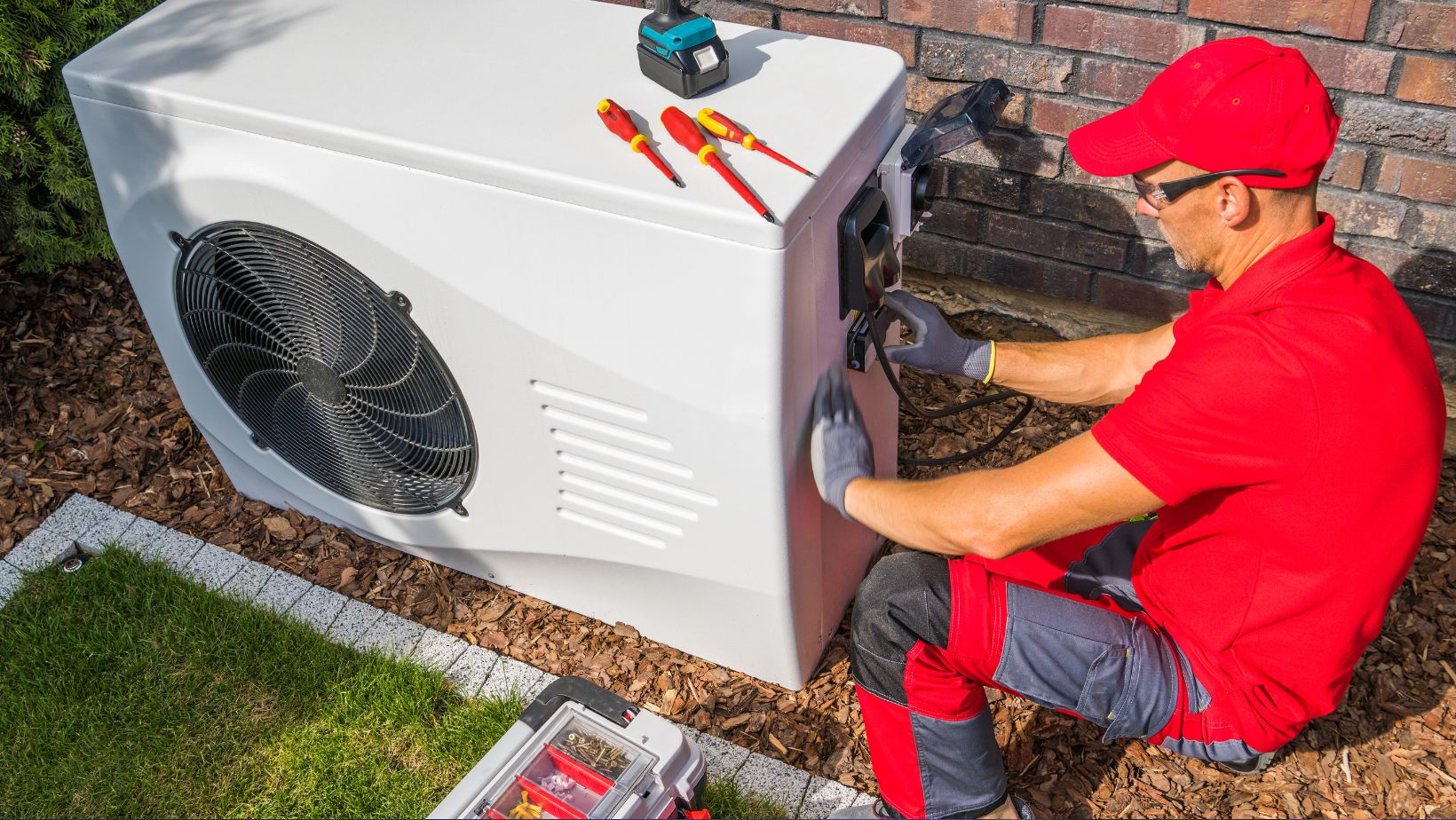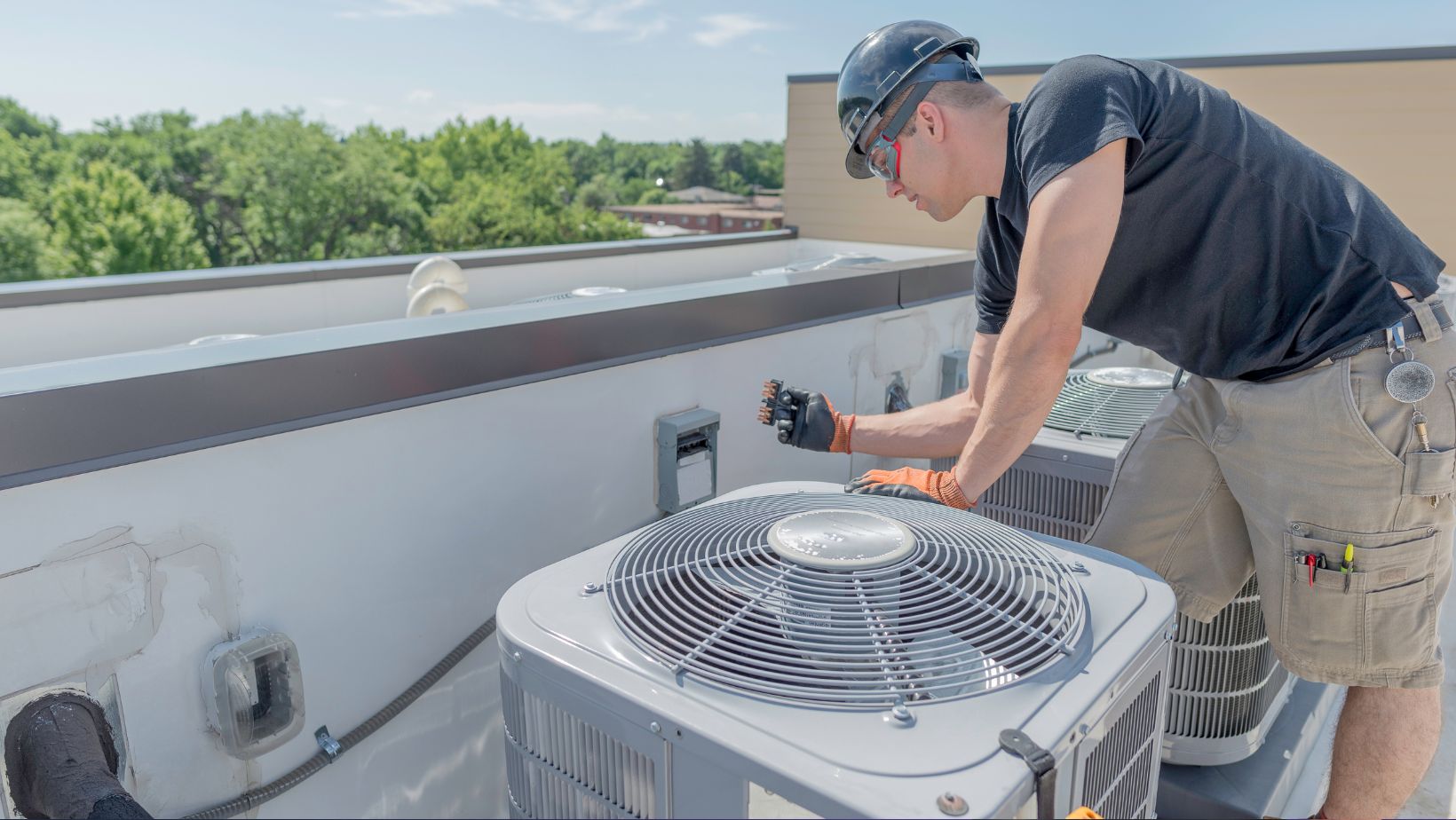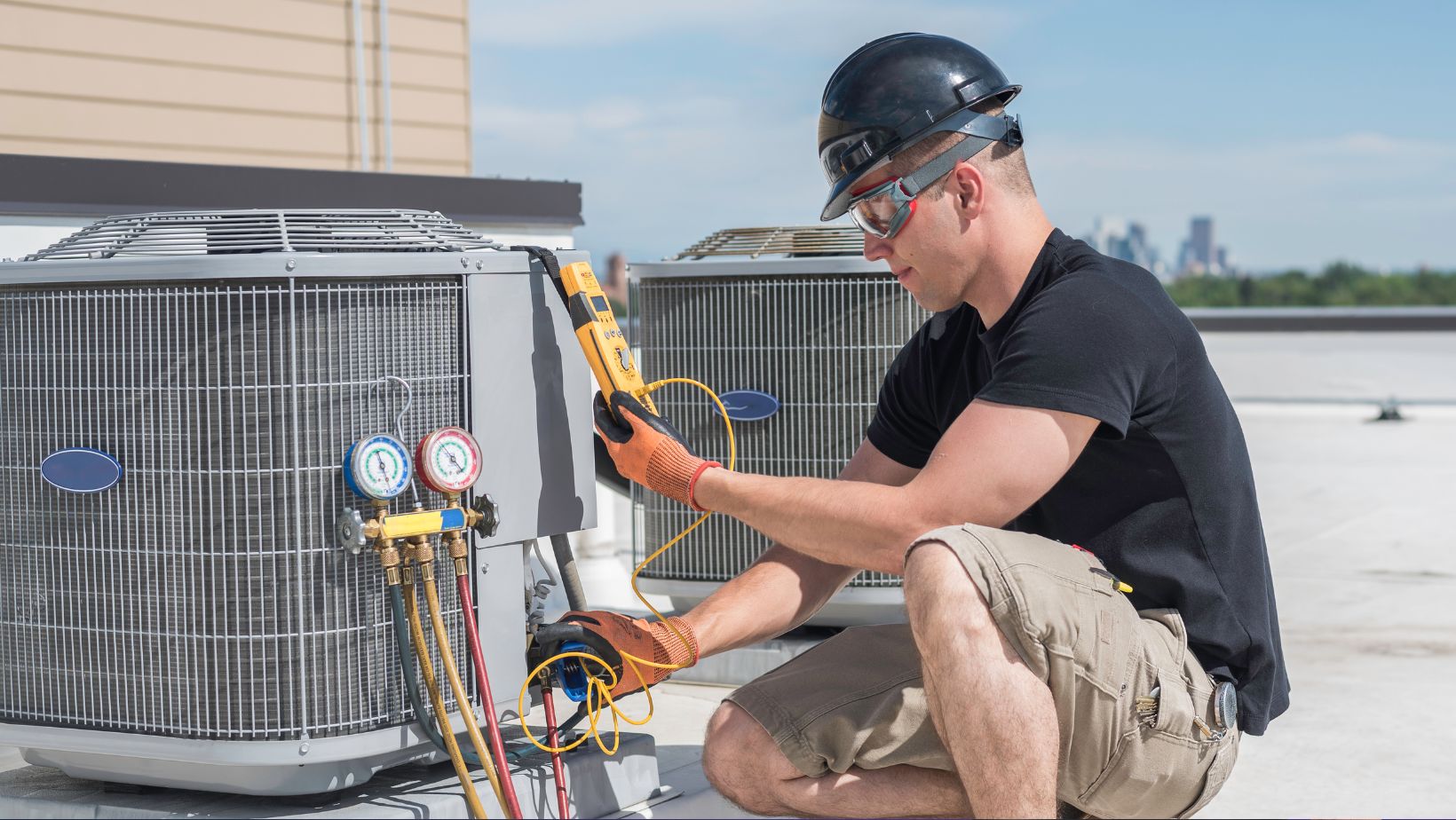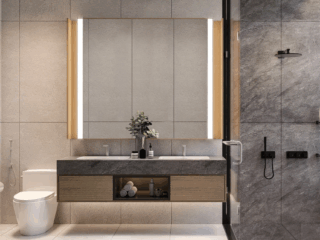
When it comes to maintaining your home’s comfort, the decision to repair or replace your HVAC system is an important one. Both options come with their own set of benefits and drawbacks, and understanding these can help you make an informed choice that best suits your needs. This article explores the pros and cons of replacing versus repairing your HVAC system, providing insights into when each option might be appropriate and factors to consider in making your decision.
When to Consider Repairing Your HVAC System
Repairing your HVAC system can be a cost-effective option if the issues are relatively minor. Common scenarios where repairing might be preferable include:
1. Minor Malfunctions: If your system is experiencing a minor problem, such as a faulty thermostat or a clogged filter, repairing these issues can often restore functionality without the need for a complete system overhaul.
2. Recent Installation: If your HVAC system is relatively new and has only been in use for a few years, repairing it might be a viable option. Newer systems are less likely to have severe problems, and repairing small issues can extend their lifespan.
3. Budget Constraints: Repairing an HVAC system generally costs less upfront compared to replacing it. If you’re facing budget constraints, a repair might be the more feasible option to address immediate problems without the need for significant financing.
When to Consider Replacing Your HVAC System
In some cases, replacing your HVAC system may be the better option. Consider replacement if:
1. Frequent Breakdowns: If your HVAC system is constantly breaking down and requiring repairs, it may be more cost-effective in the long run to replace it. Frequent repairs can add up quickly and may indicate that your system is reaching the end of its useful life.
2. Age of the System: HVAC systems typically have a lifespan of 10 to 25 years. If your system is approaching or exceeding this age, replacement might be a more prudent choice to avoid ongoing repair costs and ensure reliable performance.
3. High Energy Bills: Older systems are generally less efficient and can result in higher energy bills. Upgrading to a newer, more energy-efficient model can help lower the electric bill and improve your home’s overall energy efficiency.
Factors to Consider When Making the Decision
Current System Performance
Evaluate how well your current HVAC system performs. If it’s not heating or cooling your home effectively, or if it struggles to maintain a consistent temperature, these could be signs that replacement is necessary. On the other hand, if the system still performs well aside from minor issues, repairing it might be sufficient.

Regular seasonal HVAC service maintenance can play a crucial role in prolonging the life of your system and preventing unexpected breakdowns. Routine check-ups can help identify and address minor issues before they become major problems, potentially influencing your decision to repair rather than replace them.
Financial Considerations
Cost is a significant factor in deciding whether to repair or replace your HVAC system. Repairs generally involve lower immediate costs, but frequent repairs can accumulate over time. Replacement typically requires a larger upfront investment, but contractors who offer financing for HVAC replacement can help manage these costs. Explore different financing options to determine what fits best within your budget and financial situation.
Energy Efficiency and Utility Bills
One of the most compelling reasons to replace an old HVAC system is to improve energy efficiency. Newer models are designed to be more energy-efficient, which can lead to substantial savings on your electric bill. If your current system is outdated and inefficient, replacing it with a modern, energy-efficient model can help lower the electric bill and reduce your overall energy consumption.
Warranty and Rebates
When considering replacement, check for available warranties and rebates. Many new HVAC systems come with warranties that can provide peace of mind and protect against future repair costs. Additionally, there may be rebates or incentives available for purchasing energy-efficient models. These financial incentives can help offset the cost of replacement and make it a more attractive option.
Professional Assessment
Consulting with a professional HVAC technician is crucial in making an informed decision. A qualified technician can assess the condition of your current system, provide insights into its performance, and recommend the best course of action based on your specific needs.

Their expertise can help you weigh the pros and cons of repairing versus replacing your system and guide you in making a choice that aligns with your goals and budget.
Conclusion
Deciding whether to repair or replace your HVAC system involves careful consideration of various factors, including system performance, financial implications, energy efficiency, and available incentives. While repairing may be suitable for minor issues and newer systems, replacing an old or inefficient system can offer long-term benefits such as improved performance, reduced energy bills, and enhanced comfort.
By evaluating these factors and seeking professional advice, you can make a well-informed decision that ensures your home’s HVAC system remains efficient and effective. Whether you choose to repair or replace, addressing HVAC issues promptly will help maintain a comfortable living environment and contribute to overall energy savings.





